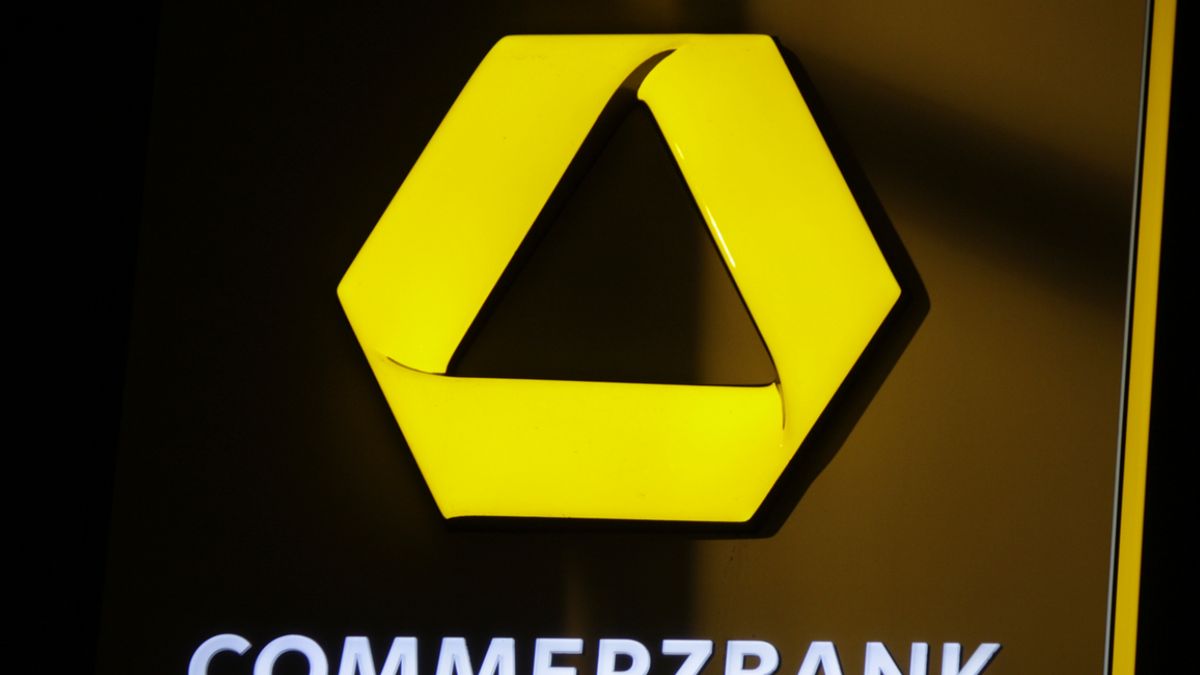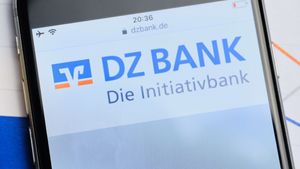JAKARTA - Crypto is increasingly gaining a place in the German banking sector. This time, Commerzbank AG, one of the largest banks in the country, has obtained permission from the Federal Financial Supervisory Authority (BaFin) to become a digital asset custodian.
Commerzbank is the first full-service bank to get this license, allowing it to provide blockchain-based platforms for its institutional clients.
Commerzbank announced this achievement in an official statement, which stated that it had applied for a crypto custodian business license in April 2022. After going through the review process, BaFin gave approval in October 2023.
Thus, Commerzbank can offer storage services for crypto assets such as bitcoin and ethereum, with high safety and compliance standards.
"We are very proud to be the first bank in Germany to get this license. This demonstrates our commitment to becoming a pioneer in innovation and technology, and this gives us the basis to help our customers in the era of digital assets," said COO Commercebank Dr. Jörg Oliveri del Castillo-Schulz.
Commerzbank is not alone in pursuing crypto custodian licenses. Several other financial institutions have also submitted applications to BaFin, including Deutsche Bank AG, which is a major competitor to Commerzbank. In addition, the Boerse Stuttgart Exchange, Germany's second-largest stock exchange, has also obtained licenses and become an integrated service provider for the crypto market, from brokers to trading.
However, BaFin did not give permission easily. Germany's financial regulators have strict standards for the crypto business, and rejected several requests, including from Binance, the world's largest crypto exchange. The reason for the rejection is due to concerns about transparency and compliance with the less-than-exchange regulations.
VOIR éGALEMENT:
Crypto Friendly
Germany is one of the most progressive countries in regulating the crypto business. BaFin, tasked with overseeing Germany's financial sector, has issued various regulations and laws governing crypto activities in the country. Currently, almost all crypto-related businesses require a BaFin license, including a deposit service provider.
At the end of 2020, Germany adopted a law that allows financial securities to be represented by entries on blockchain. This means that issuers or securities holders can use blockchain technology to document their rights. However, this only applies to debt instruments, such as bonds, and not to equity instruments, such as stocks.
In mid-2021, Germany passed an Electronic Securities Act, which regulates digital securities and abolishes the obligation to physically document securities. This paved the way for trading electronic securities, which is based on crypto technology. It also creates a new licensing category for crypto securities list organizers.
To date, BaFin has more than doubled its crypto custodian license application than last year. This shows that German regulators are very concerned about the development of the crypto market, and seek to provide effective and fair scrutiny.
The English, Chinese, Japanese, Arabic, and French versions are automatically generated by the AI. So there may still be inaccuracies in translating, please always see Indonesian as our main language. (system supported by DigitalSiber.id)
















